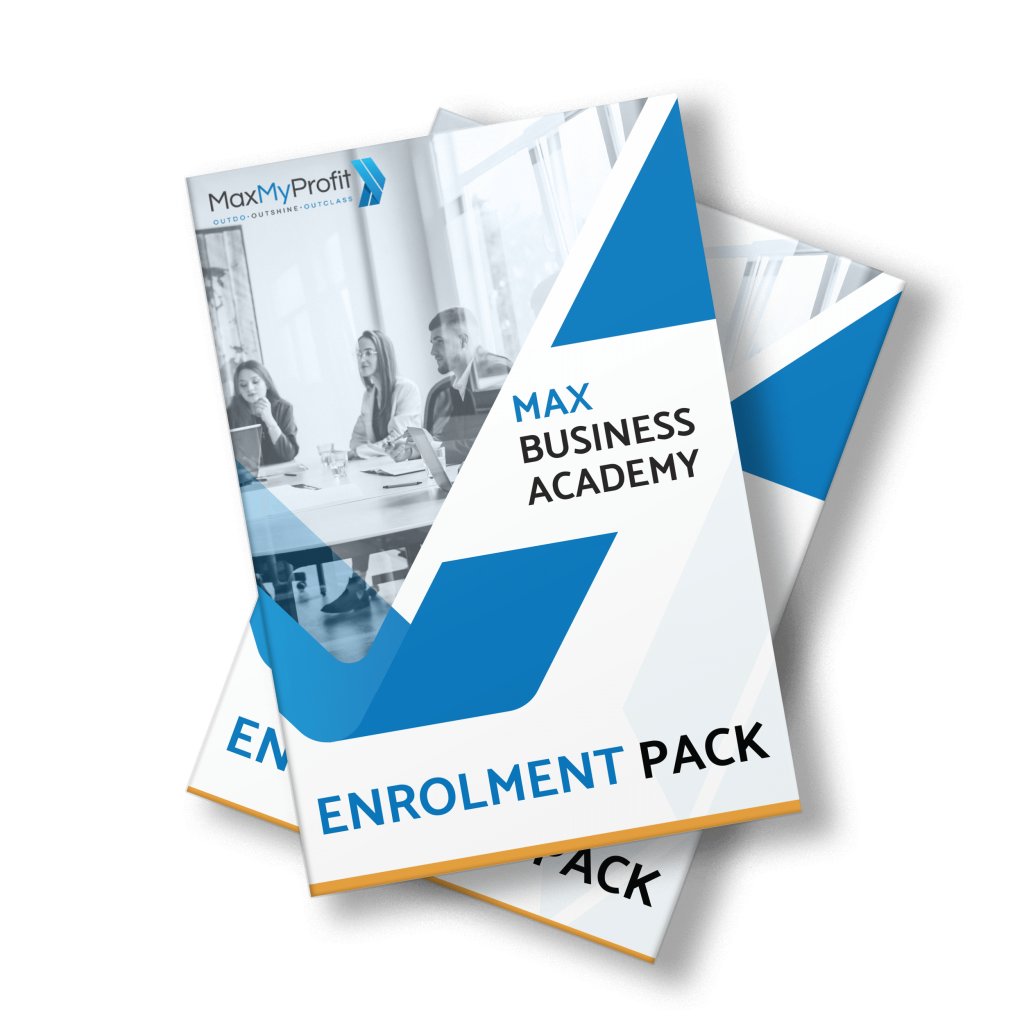You’ve gained years of public relations experience working in-house at corporate companies or PR agencies. Now you’re thinking of stepping out on your own. The communications industry is broad which means you can focus on a specific niche to make starting out easier. However, that doesn’t make it any less daunting. Starting your own PR agency is a big decision and there’s a lot to consider before launching.
What Services Will You Provide?
PR and communications cover a broad spectrum — traditional media, digital media, events, publicity, reputation management, and more. When starting out, you won’t have the manpower to be a full-service PR agency. Focus on your main strengths and expand your services as the business grows. For instance, if you’re a wordsmith, target clients looking for a talented copywriter to write communications material, press releases, advertising copy, and social media posts.
Do You Have What it Takes to Start Out as a Solopreneur?
You may have dreams of one day being the CEO of a large award-winning PR agency with an enviable client list. For now, as you start out, the reality is that you’ll likely be one-man show working from home. Being self-employed isn’t for everyone. It comes with a higher level of responsibility and self-discipline. Are you able to motivate yourself to knuckle down and meet deadlines without a boss looking over your shoulder?
Do You Have Startup Capital?
You may be all fired up to launch your business until the reality of what it is going to cost hits you. Initial startup costs include designing a corporate identity, printing business cards and letterheads, producing marketing material, setting up a website, advertising costs, and membership fees to join professional organisations like the Public Relations Institute of Australia (PRIA). Before taking the leap, have some savings in place to help carry you for the first few months until you land clients and money starts flowing in.
Conducting Industry Research
Before starting any business, it’s important to make informed decisions. If you’re starting a PR agency, don’t step out blindly without analysing the market, competitors, and industry trends. Your research can help you identify a unique selling proposition. Remember, there are thousands of PR agencies out there. What makes yours stand out?
Do some research. How many PR agencies are in your area. What services do they offer and what type of clients do they target? What are the average rates charged? What are the emerging trends? For example, Maryville University states that there was a 63 percent increase in mobile traffic globally in 2016 with video making up most of this traffic. This means mobile marketing and video content should be included in your services.
Write a Business Plan
You may groan at the thought of writing a business plan but putting a business plan together accomplishes two things:
- It helps you form a clear picture of your business, who your ideal client is, and where you see the business going in the future.
- If you want to apply for business funding or loans, banks and financial institutions will want to take a look at your business plan.
Is There a Gap in Your Skills?
As an employee, you only have to focus on the skills you need to do your job. Being a business owner, on the other hand, requires having a finger in every aspect of the business. You’ll have to handle accounting and financial processes, legal matters, taxation, marketing, and client service.
If you’re not a jack of all trades, it can be overwhelming. Some tasks, like accounting, can be outsourced. To get a grasp on other administrative tasks, take a short course online to upgrade your skills. An online course allows you to study part-time while running your business.
Legitimise Your Business
The legal side of starting a business is never fun but it is important. It’s best to get this done right at the beginning. When setting up your business, you will need to:
- Register your business as a legal entity, such as a Sole Trader, Partnership, or Company.
- Register for taxes.
- Apply for the necessary business licenses and permits.
- Open a business bank account.
- Draft client contracts.
- Take out business insurance. Some insurance providers, like Arthur J. Gallagher, cater specifically to PR professionals. Public Liability Insurance is compulsory and Professional Indemnity Insurance is recommended for PR professionals. Professional Indemnity Insurance protects you against claims made that you were negligent, made a mistake, or that your work was unsatisfactory. Once you employ staff, workers compensation insurance is also mandatory.
The great thing about starting a PR agency is that it’s the type of business you can start at home with a phone, laptop, internet connection, and a list of valuable contacts. Doing the planning and laying the groundwork is the bigger challenge. However, it is crucial if you want to increase your chances of success.









